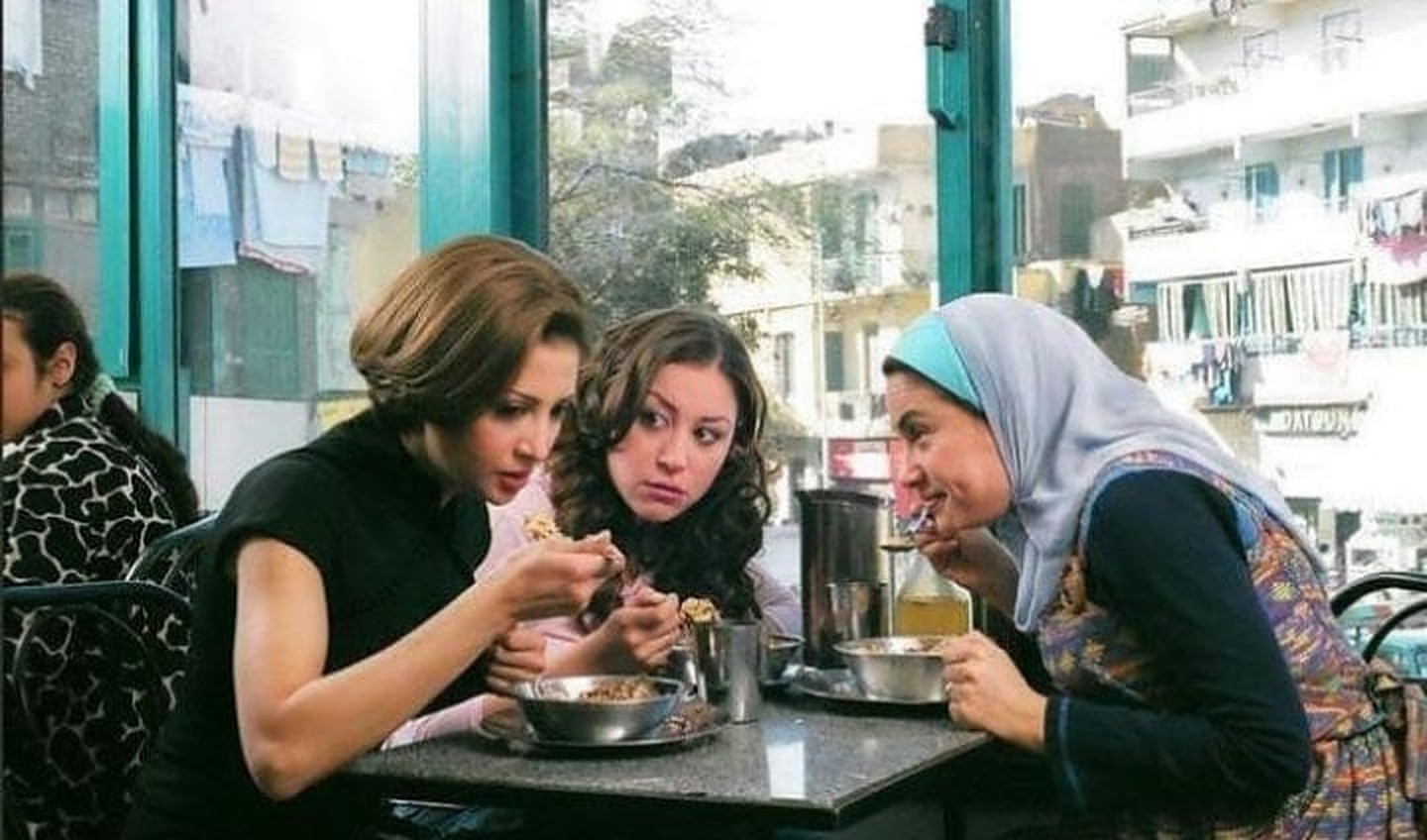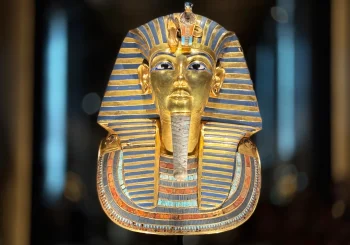There is not yet a word for friendships that are more than just friendships. It is the most difficult word to explain or describe, so much so that when we are floating in this conceptual confusion, we search for other ways to describe the relationship, whether as siblings, ‘friend soulmates’ or as a ‘platonic relationship’. Or we say best friends, close friends, good friend or devoted friend, and any other adjective to heighten the value of the relationship rather than truly describe it.
In Arabic, on the other hand, there are 12 levels of friendship expressed in the language. My favorite word is ‘Qareen’, which means someone who’s inseparable from you, to the extent that you know how they think. While ‘Qareen’ isn’t often used in everyday language, the idea of a friend being your spiritual double, or a constant companion throughout life, reflects the enduring affection and trust that exists between two friends that goes beyond the word ‘friendship’.
Over the years, I’ve realized that friendship plays a much larger role in my life and in my identity than I knew or expected. It is probably much deeper, and much more valuable and prolonged, than any other relationship I will ever have in my life, whether it is with family or a romantic partner.
There’s a saying that goes ‘friendships come and go’, and as a society, we’ve grown to see friendship as the doormat or the bridge that supports and protects you during a particular phase in your life, not unlike a job contract. One takes a job, forming a commitment to the job for a short while, and then once one succumbs to boredom, or someone else comes, or to the idea of moving overseas, then the relationship with that workplace abruptly ends, like a film scene that carries no other purpose but to build on what will happen in the next scene.
Yet in Egypt, family is seen as the prevailing bond. Once you reach a certain age, friendships are seen as the pathway to love, to work, and to networking, but mostly love. For many young women in Egypt, there is no other relationship that is as big of a priority as your romantic friendship. But there is so much that friendships can provide for us that can have a huge impact on our mental health and happiness.
After years of never finding time to spend time with each other, my friends and I decided to finally break the curse. Instead of breaking our hearts with grief over the miseries in our own lives, our reunion helped us forgive all of our experiences. It was like a balm to the soul, as we reached deeper to understand each of our experiences that we all add to our library in one life or another, and not see ourselves as a victim of that which is or isn’t.
Spending our day at City Stars mall, an early 2000s nostalgia for Egyptians our age, we bonded over simple pleasures like eating popcorn while watching movies, laughing really hard about the embarrassing things we’ve done in the past, and reminded ourselves that we never lost anything — whether it is a partner or a job, for we all protected one another and celebrated one another.
One wonders, then, why isn’t friendship valued as a romantic relationship, or even seen as better?
When I lost a true friend, I realized that the worst thing that can happen to me in the future is not losing a partner, but losing friends. Friends that help us balance our inner worlds, and teach us to be smarter, kinder, and more generous, but more importantly – friends that share an invisible pact with us to help us stay alive, to survive. To witness another’s miseries and triumphs, and feeling present with them in the most significant moments, knowing that these moments can one day also happen for you in return.
In Yann Martel’s Life of Pi (2012), the meaning of friendship is explored much more deeply through an allegory. Pi’s entire world turns upside down when the ship his family is taking from India to Canada sinks, killing everyone except Pi. Losing his family throws him into a deep depression, because they were the only support system he ever knew and had, and the only relationship he ever associated with as a source of support. Despite losing everything he valued, he found friendship.
Just as he was about to lose all hope and choose death over life, he found a Bengal tiger named Richard Parker trapped with him in the lifeboat. The simple emotion of finding a companion, a friend, and an ally to join him in the lifeboat journey breathes into him new hope, and a new soul, to stay alive. “Something in me did not want to give up on life, was unwilling to let go, wanted to fight to the very end. Where that part of me got the heart, I don’t know,” he says after he meets the tiger.
The two end up relying on their unlikely friendship to keep them alive and sane in the long boat trip. While some interpret the tiger as part of Pi’s illusion, since he yearned deeply for a companion, I believe that Martel’s choice to depict friendship through an animal, rather than through another human, accurately portrays the true innocence of friendship, as animals possess the simplest emotions; they help you see life through its very basic pleasures, such as rest, food, serenity, and companionship. Even more than that, animals also possess courage and fearlessness, as the tiger also teaches Pi how to face his greatest fears.
The act of survival then becomes not just an act of confronting daily challenges, but it is also an act of finding true companionship. At the end of the story, when Pi finally reaches the end of his journey, he cries not because he overcame the greatest obstacles he could ever face, nor was it because he survived seemingly insurmountable odds, but because the tiger who helped him survive, Richard Parker, had left him.
In the book, Pi was quoted to have said, “when you look into an animal’s eyes, you are seeing your own emotions reflected back at you.” Friendship, in many ways, is also about seeing your own emotions, and your own life, reflected back at you. It is not just about finding comfort in another person, but it is about magnifying the perception of your own world to find the inspiration, and the spark, to push forward.
Any opinions and viewpoints expressed in this article are exclusively those of the author. To submit an opinion article, please email [email protected].







Comments (0)